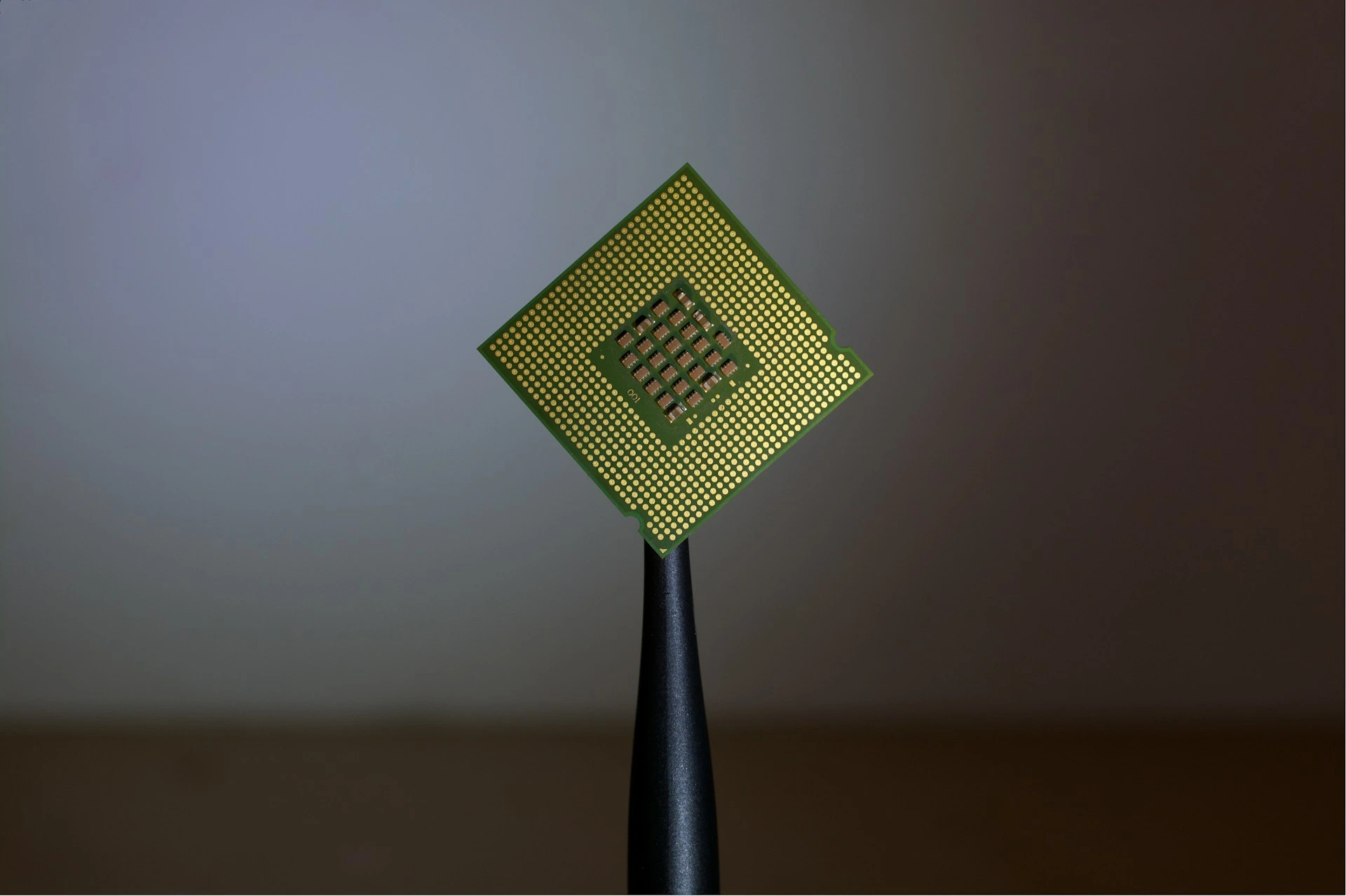
Photo by Brian Kostiuk on Unsplash
Google Unveils Quantum Chip As New Key Breakthrough in Computing
Google unveiled yesterday a new chip called Willow that can be used with quantum computers—supercomputers that are smarter and exponentially faster than traditional computers—and has reached two achievements described as remarkable breakthroughs in the field by the company.
In a Rush? Here are the Quick Facts!
- Google unveiled a new quantum chip capable of reducing errors and scaling up quantum computers, reaching a significant milestone in the field
- Willow helped solve a complex computation in 5 minutes, whereas it would take 10 septillion years for today’s fastest computer
- The technology has revolutionizing potential but still needs improvement for real-life application
The powerful processor fabricated in Santa Barbara contains qubits—quantum bits, the fundamental unit in quantum computing, instead of the classical binary bits—that can now reduce errors and scale up the system to make it “more quantum.” This historic achievement reached by Google Quantum AI is known in the field as “below threshold” and experts have been trying to get there since 1995.
The second record is reaching the fastest speed registered for solving the random circuit sampling (RCS) benchmark—considered the hardest test for a quantum computer. Google researchers got Willow to solve the standard benchmark computation in just five minutes when it would take one of today’s fastest computers around 10 septillion years—exceeding the age of the universe and known timescales, even suggesting a relation with the multiverse theory.
The tech giant shared its research in Nature and provided more details in a public announcement written by Hartmut Neven, Founder and Lead of Google Quantum AI.
“My colleagues sometimes ask me why I left the burgeoning field of AI to focus on quantum computing,” wrote Neven, founder of Quantum AI in 2012. “My answer is that both will prove to be the most transformational technologies of our time, but advanced AI will significantly benefit from access to quantum computing. This is why I named our lab Quantum AI.”
The challenge now will be to improve the technology to apply it to real-world problems and Google believes they aren’t too far from it with Willow.
Google has invited developers, engineers, and researchers to learn more about the technology through their open-source software and through a new course that has been recently added on Coursera.
A few months ago, Google Deepmind also reached a bechmark for researchers since 1980 with its human-level competitive ping-pong robot.

 Previous Story
Previous Story

 Latest articles
Latest articles 

Leave a Comment
Cancel